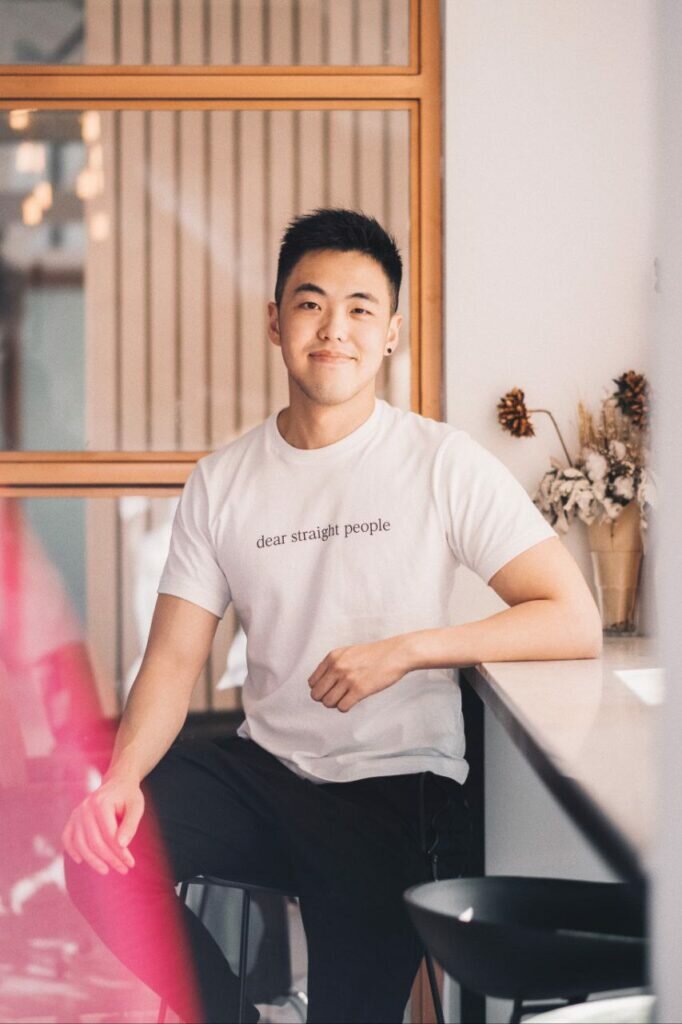When Sean Foo first started online publication Dear Straight People in 2015, it was meant to be his way of coming to terms with his sexuality and to pursue his passion for content creation.
Back then, coming out stories were rare. Even so, Foo, who was 23, didn’t expect that the first three stories exploring the theme would go viral, garnering an average of 1,000 shares each despite the website not having a Facebook page.
Encouraged by the bravery of the people he wrote about, Foo stepped out in 2017 to share his own coming out experience despite reservations about how his conservative parents would react.
Foo shared on his website that while his parents aren’t particularly religious, they had a “warped understanding of the queer community”. According to the millennial, his father cried when he came out to them, while his mother blamed herself. They do, however, “remain tolerant” of his sexuality. He says they aren’t aware of – or at least, appear to acknowledge – his website, as they don’t habitually surf the web.
That doesn’t mean it hasn’t attracted its own rapt audience drawn to its intimate portraits of life within the LGBT community. Buoyed by his website’s growing gravitas, he left his full-time accounting job and went into a content creation role at media platform Smart Local.
He explains: “I realised that I was making a lot of impact with Dear Straight People in those early days, but at the same time, I felt I didn’t really know what I was doing. So I quit auditing to join the media industry and picked up videography and photography skills along the way.”
There have been more meaningful stories that he’s proud of. One was an interview with a mother of two gay sons. “Readers wrote in to say that they showed that video to their moms as an appeal for understanding and acceptance. It’s examples like these that keep me going because when you do a passion project like this, it takes up a lot of time,” Foo shares.
-

Sean Foo, founder of Dear Straight People -

Sean Foo, founder of Dear Straight People
A feature on a gay Malay couple in Singapore who was accepted by their family has hit over 724,000 views and sparked 6,000 comments to date. He says: “That one had the most homophobic feedback, which is something that comes with the territory. When you do something like this, it is going to happen.”
He has learnt to let negative comments slide like water off a duck’s back. According to him, the worst he has ever received was a stranger telling him in the face that his website’s content was “not very good”, following a live panel discussion Foo had participated in.
These days, the marketing director of a Bangkok hotel has been re-evaluating the purpose behind Dear Straight People. He explains: “It’s becoming more difficult to find a reason for its existence because there’s so much LGBT media representation now. I haven’t done a coming out story in ages because it’s not a big thing anymore. I’ve to find a new purpose.”
He is on the verge of debuting Dear Straight People’s biggest project yet. Details are still in the works, but he believes it would be the first of its kind and the most impactful piece of work to date. “The goal is still the same – to create content that gets people to think and question the usual stereotypes that’s being presented about the LGBT community.”
